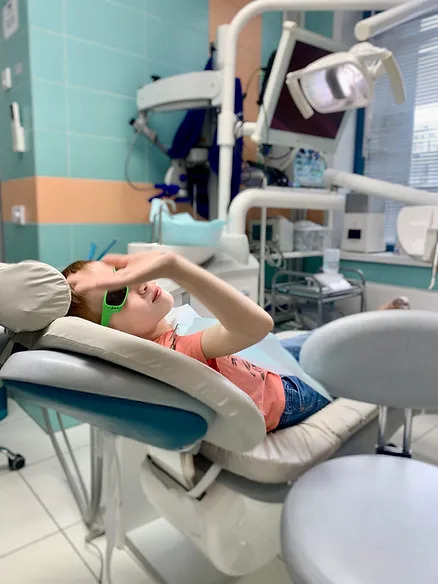Many people dislike being at the dentist’s office. For a child on the autism spectrum, it can be an especially distressing and difficult experience. They may feel uncomfortable with strangers getting close to them, so imagine how they feel when that stranger not only comes near but also puts their fingers in their mouth. They may be sensitive to light, and dental offices often have bright lights, including one directly above their face. Add to this an unfamiliar experience, an unfamiliar place, pain, the uncomfortable sensation of having instruments in their mouth, and strange smells. It’s a perfect storm for a child on the spectrum.
Many of these children can develop such strong resistance to visiting the dentist that some only go when a problem has already worsened. Unfortunately, if they develop a strong aversion to treatment, some may even require general anesthesia to undergo the procedure. Yes, it can be that difficult for them.
The good news is that, with proper preparation, sensitivity, and the right dentist, it is absolutely possible to make the experience more manageable.
Recommendations for Dentist Visits:
– Choose a dentist with experience treating individuals on the autism spectrum.
– It is recommended to visit the office before the appointment so the child can become familiar with the space. Additionally, you can explain in advance what to expect. For example, during the first visit, the dentist might simply look inside their mouth and touch their teeth for three minutes.
– Some dental clinics, especially those adapted for children on the spectrum, have visually calming designs and, whenever possible, use softer lighting.
– The dentist should be patient and explain to the child in as much detail as possible what they are doing, what the gloves or cleaning products smell like, and how long it will take. Some thoughtful dentists even send a short video introducing themselves, showing the clinic, and briefly explaining what to expect upon arrival.
– It can help to plan an enjoyable activity for the child after the visit as motivation to make an effort and get through the appointment.
In cases where dental visits cause significant anxiety, consulting a specialist trained in this area is recommended.

